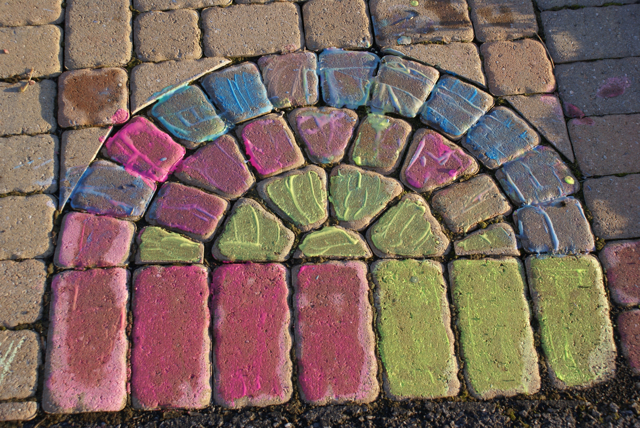I am working on a revision of a paper (presented long ago) and the discussion of Saddam Hussein’s execution at this blog was brought to mind by this quote from Mekhilta DeRabbi Ishmael (Shirta 1). This is a midrash listing ten songs found throughout the Bible (based upon Ex. 15.1, “Then Moses and the people of Israel sang this song to the LORD”) and I have given it “Neusner-esque” numbering.
C. The ninth song was the one which Jehoshaphat recited, as it is said: “And when he had taken counsel with the people, he appointed them that should sing unto the Lord, and praise in the beauty of holiness, as they went out before the army, and say: ‘Give thanks unto the Lord, for His mercy endureth forever’” (II Chron. 20.21).
D. 1And why is this thanksgiving-song different from all the other thanksgiving-songs in the Torah? 2In all the other thanksgiving-songs in the Torah it is said: “Give thanks unto the Lord, for He is good, for His mercy endureth forever”; and why does it here say only: “Give thanks unto the Lord, for His mercy endureth forever”? 3Simply because—as if it could be said—there was no rejoicing over the destruction of the wicked before Him on high. 4Now, if there is no joy before Him on high at the destruction of the wicked, how much the more is there no joy at the destruction of the righteous, of whom one is as important as the whole world, as it is said: “But the righteous is the foundation of the world” (Prov. 10.25).*
The context in 2 Chron is of an impending battle, 2Chr. 20.1 ”After this the Moabites and Ammonites, and with them some of the Me-unites, came against Jehoshaphat for battle.” Jehoshaphat’s response is to pray (v. 12), “O our God, wilt thou not execute judgment upon them? For we are powerless against this great multitude that is coming against us. We do not know what to do, but our eyes are upon thee.” And God’s response (through Jahaziel) is that they are to do nothing, but rely upon God and watch him destroy the enemy (v. 17), “You will not need to fight in this battle; take your position, stand still, and see the victory of the LORD on your behalf, O Judah and Jerusalem.”
And so the “song” is sung before an impending battle. They are singing praise to God before the actual battle occurs. While it is not uncommon for biblical figures to call upon God for justice and judgment upon their enemies, what I find most interesting, serendipitous you may say, in this reading is Mek’s ensuring that the reader does not come away with the wrong impression, there is “no rejoicing over the destruction of the wicked before Him on high.”
A good reminder to us all.
(See also, Wisdom 1.12-13:
12 Do not invite death by the error of your life,
or bring on destruction by the works of your hands;
13 because God did not make death,
and he does not delight in the death of the living.)
*Jacob Z. Lauterbach, Mekilta de-Rabbi Ishmael (Philadelphia: Jewish Publication Society of America, 1933), vol. 2.




2 thoughts on ““There is no rejoicing over the destruction of the wicked””
You cannot expect people with the attention span of a 6 month old to appreciate that the celebration of a person’s death – even one considered evil – is unacceptable at many levels.
Of course, that is probably because most of us confuse being “good” with being “religious”. They are two, very distinct conditions. As Ghandi said, “God has no religion”.
Which is probably why most of the most earnest, kindest people I know, don’t either.
Chris…Thanks for this. My thoughts also turned to the Mekhilta (oddly enough) when I heard of the execution. Although, it was to a different passage. (Its been some time since I’ve worked in Mekhilta, but I believe I have the citation right.) I am thinking of the story of the Egyptian deaths at the Re(e)d Sea and the divine rebuke of the angelic celebration while ‘my creations are drowning in the Sea.”